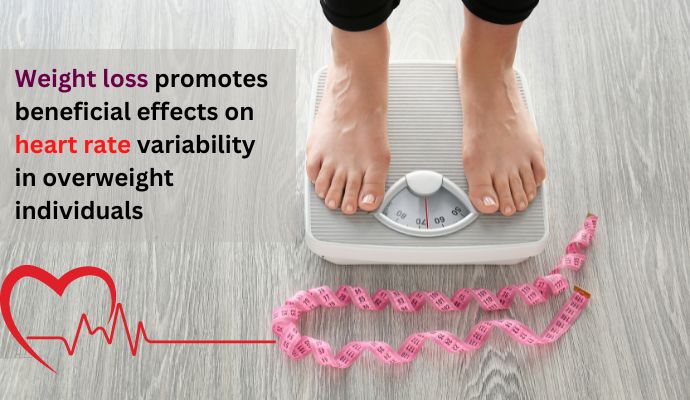
Sleep apnea and how it is associated with Obesity
Sleep apnea refers to a condition in which
58,924 total views, 47 views today
Home » Obstructive sleep apnea and Obesity
Obesity and obstructive sleep apnea have adverse effects on several organs, particularly the cardiovascular system. The possible adverse effects include high blood pressure, insulin resistance (a condition in which the body doesn’t respond to insulin), systemic inflammation (activation of a type of immune attack that results in inflammation), high blood cholesterol levels.
Children with obesity and obstructive sleep apnea have problems in learning, retarded growth and behavioural problems.
Obstructive sleep apnea is usually treated with Continuous Positive Airway Pressure (CPAP) therapy, which helps in lowering blood pressure and improving associated cardio-metabolic complications and quality of life. CPAP therapy along with weight loss has shown decrease in insulin resistance, blood pressure and triglyceride levels.
Weight loss has found to be highly effective in treating sleep apnea for long-term. A weight loss of just 10% of body weight has shown 20% improvement in the severity of OSA. Bariatric surgical procedures have gained popularity in recent years for treating severe obesity. These procedures have also shown significant reduction in sleep apnea severity. However, these procedures are recommended as a last resort.
Shedding a few kilograms helps with the symptoms of obstructive sleep apnea, as well as resolves other obesity-related issues. The weight-loss should be maintained for long term, as sleep apnea may return with regaining of the lost weight. Thus, weight management with proper diet and exercise routine is essential.
Here are some measures to manage obstructive sleep apnea and obesity:

Sleep apnea refers to a condition in which
58,924 total views, 47 views today

Since the beginning of 20th century, the overall
58,901 total views, 47 views today

New year is the time for new beginnings.
59,601 total views, 47 views today

Weight loss can be tricky business, as it
59,470 total views, 45 views today

According to a recent study, weight loss through
60,370 total views, 46 views today

According to a recent study, preoperative very low
60,370 total views, 45 views today

A recent study conducted on GERD (Gastroesophageal Reflux
60,374 total views, 45 views today

A recent study done to examine the long-term
59,257 total views, 46 views today

Overweight and obesity is a major health concern
29,542 total views, 30 views today

A recent study published in the Journal of
28,732 total views, 30 views today

The findings from a recent study, published in
28,973 total views, 30 views today

The findings of a recent study, published in
29,373 total views, 30 views today